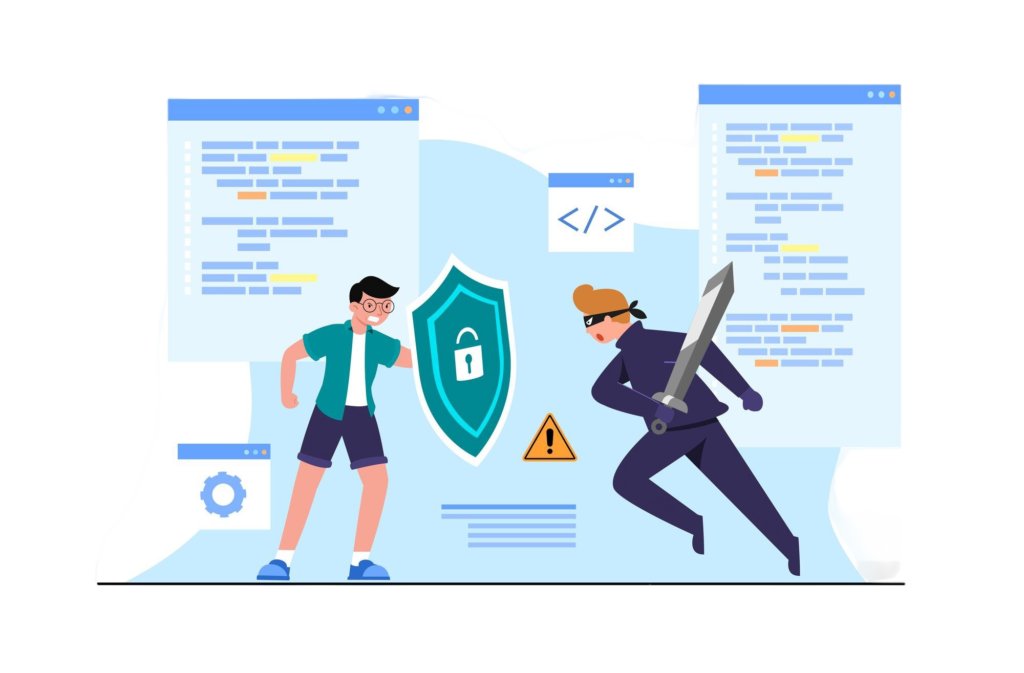Understanding Cloud Assessment: Ensuring Secure and Efficient Cloud Environments
As organizations increasingly adopt cloud computing to enhance operational efficiency, flexibility, and scalability, ensuring the
Read More

















PCI pentest covers a broad scope – from simple one server review to multi-network estate wide active directory reviews including segmentation controls checks.
It involves internal infrastructure assets in scope containing cardholder data environment (CDE).
PCI Internal Testing
Our team of Cybersecurity experts will test and perform PCI security assessments against apps and web services/APIs in the scope. Apart from network penetration testing, web application testing includes OWASP checks, critical software flaws and other business logic related issues. Web Application Pen Testing
Most organisations are migrating to cloud due to ease of use and 24 x 7 availability. As an end user of cloud-hosted solutions, you are responsible for ensuring that the security of any operating systems and applications hosted in the cloud are continuously maintained and tested. Cloud Pen Testing
Vulnerability assessments provide insight into vulnerabilities affecting your internal and external networks. It helps to identify and quantify the potential risks threatening the PCI cardholder data environment while minimising internal costs. Vulnerability Assessments
Ensuring the safety and security of user data is paramount to running any mobile applications. Our tailored penetration tests are designed to identify potential threats and vulnerabilities before it’s too late to limit the damage. Mobile App Testing
PCI DSS Network segmentation testing checks against fundamental concepts behind segmentation penetration testing include switch based VLAN security controls, internal firewalling and related layer 2 & network layer 3 access controls. PCI Network Testing





"The VAPT process was seamless and highly detailed. CIBERON's team helped us identify and resolve security gaps effectively, ensuring our network is well-protected against threats."

"CIBERON’s VAPT service gave us an in-depth understanding of our vulnerabilities. The expert recommendations enabled us to proactively address risks and enhance our cybersecurity strategy."

Lorem ipsum dolor sit amet, consectetur adipiscing elit,do eiusmod tempor incididunt ut labore et dolore.

Lorem ipsum dolor sit amet, consectetur adipiscing elit,do eiusmod tempor incididunt ut labore et dolore.

Lorem ipsum dolor sit amet, consectetur adipiscing elit,do eiusmod tempor incididunt ut labore et dolore.

Lorem ipsum dolor sit amet, consectetur adipiscing elit,do eiusmod tempor incididunt ut labore et dolore.







Discover insightful content on our CIBERON blog, where we share expert advice, industry trends, and best practices to strengthen your cybersecurity strategies. Stay informed with actionable insights tailored to help businesses stay secure in a rapidly evolving digital landscape.

As organizations increasingly adopt cloud computing to enhance operational efficiency, flexibility, and scalability, ensuring the
Read More
In an increasingly interconnected world, where organizations rely heavily on digital infrastructure, the security of
Read More
In today’s digital landscape, the threat of cyberattacks looms larger than ever. Organizations are increasingly
Read MoreCopyright @2024 Ciberon. All Rights Reserved.